In Metal Fabrication, machine shops use various materials to shape and form metal parts. The choice of material directly impacts the durability, functionality, and cost of the final product. So, understanding the materials used in the process can help you make better decisions when working with machine shops.
Let’s explore the top CNC Materials that are commonly used in metal fabrication and how they contribute to the finished product.
Top Material Options for Metal Parts Fabrication
Here’s a list of top CNC materials for metalworking to design custom parts of high precision, and accuracy:
1. Stainless Steel
Stainless steel has become a popular CNC material in many industries. Since it has so many benefits for use. It is hard-wearing, and resistant to rust, and looks quite aesthetic. Fabricators utilize it for products that require longer durability and perform better in harsh circumstances. In addition, SS is easy to clean and works well in extreme temperatures.
Properties:
- Outstanding corrosion resistance
- High strength-to-weight ratio
- Non-reactive and hygienic for food-grade products
- Good temperature tolerance
- Easy to clean and maintain
Applications:
- Kitchen Appliances
- Automotive parts
- Medical instruments
- Food processing equipment
- Structural components
- Architectural facades
- Industrial machinery
- Water treatment equipment
Machining Methods:
- Turning
- Milling
- Drilling
- Grinding
- Laser Cutting
- Wire EDM
2. Aluminum
Aluminum alloy is the optimal choice for lightweight designs. The products of AI can withstand harsh conditions and resist wear. It is convenient to use and economical. Due to the high strength-to-weight ratio, the applicability is common for aerospace, automobile, and many other applications. Besides, it’s recyclable and it has great electrical conductivity.
Properties:
- Lightweight
- Corrosion-resistant
- High strength-to-weight ratio
- Thermal and Electrical percolation characteristics of the material are high.
- Highly recyclable
Applications:
- Aircraft components
- Automotive body panels
- Electrical cables
- Consumer electronics
- Packaging materials
- Structural frameworks
- Heat exchangers
- Marine products
Machining Methods:
- Turning
- Milling
- Drilling
- CNC Machining
- Laser Cutting
- Tapping
3. Carbon Steel
Carbon steel is the relatively most inexpensive CNC material available. The product crafted usually lasts long. Therefore, it is ideal for use in structural settings. In addition, It may rust however, it performs well where strength matters. Indeed, it’s excellent for creating durable goods typically valuable to consumers in the long run.
Properties:
- High tensile strength
- Affordable
- Good wear resistance
- Easy to weld
- Can be heat-treated
Applications:
- Structural beams
- Automotive frames
- Piping systems
- Heavy machinery
- Cutting tools
- Railroad tracks
- Pressure vessels
- Fasteners
Machining Methods:
- Turning
- CNC Milling
- Drilling
- Grinding
- Sawing
- Welding
4. Titanium
Titanium is strong yet light in weight. It’s chemical resistant and can withstand high temperatures which makes it appropriate for high-performance duty. Most industrialists opt for it for aesthetic purposes. In applications like aerospace, medical devices & other sectors requiring strength and dependability, titanium is a go-to option.
Properties:
- High strength-to-weight ratio
- It resists corrosion very well
- Biocompatible
- Heat resistant
- Non-toxic
Applications:
- Aircraft components
- Medical implants
- Marine equipment
- Industrial heat exchangers
- Military hardware
- Power generation components
- Sports equipment
- Chemical processing equipment
Machining Methods:
- Turning
- Milling
- Drilling
- Grinding
- EDM or Electrical Discharge Machining
- Laser Cutting
5. Copper
Copper is a top choice when conductivity matters. It’s great for electrical wiring and heat exchangers. Thanks to its excellent thermal and electrical properties, copper is also very ductile and corrosion-resistant, making it an easy choice for industries like plumbing and electronics.
Properties:
- High electrical and thermal conductivity
- Malleable and good ductility
- Corrosion-resistant
- Antimicrobial properties
- Non-magnetic
Applications:
- Electrical wiring
- Plumbing pipes
- Heat exchangers
- Electrical connectors
- Coins
- Transformers
- Industrial motors
- Heat sinks
Machining Methods:
- Turning
- Milling
- Drilling
- Grinding
- Wire EDM
- Laser Cutting
6. Brass
Brass combines copper with zinc to create a durable, easy-to-machine alloy. It’s known for its appealing golden color and corrosion resistance. It’s widely used in products like musical instruments, plumbing parts, and decorative items due to its smooth finish and easy shaping.
Properties:
- Corrosion-resistant
- Malleable and ductile
- Attractive golden color
- Good machinability
- Resistant to tarnishing
Applications:
- Musical instruments
- Plumbing fittings
- Decorative Hardware
- Electrical connectors
- Marine Hardware
- Locks and keys
- Bearings
- Coins
Machining Methods:
- Turning
- Milling
- Drilling
- Grinding
- Tapping
- Laser Cutting
7. Cast Iron
Cast iron is heavy and tough, making it ideal for machinery and engine blocks. It’s durable under compressive loads but can be brittle under tension. People use cast iron for products that need to withstand wear, like car parts or cookware.
Properties:
- Excellent castability
- High wear resistance
- Strong under compression
- Good machinability
- Brittle under tensile stress
Applications:
- Engine blocks
- Machine bases
- Pipe fittings
- Cooking pots
- Automotive brake discs
- Manhole covers
- Bearings
- Agricultural equipment
- Pumps and valves
Machining Methods:
- Turning
- Milling
- Drilling
- Grinding
- Sawing
- Broaching
8. Nickel Alloys
Nickel alloys are the go-to materials for high-stress, high-temperature environments. They excel in resisting corrosion and can handle extreme heat. Industries like aerospace, chemical processing, and marine often rely on nickel alloys for their durability and long-lasting performance.
Properties:
- Excellent corrosion and heat resistance
- High strength at elevated temperatures
- Non-magnetic
- Great durability in extreme environments
- Good weldability
Applications:
- Aerospace components
- Gas turbines
- Chemical processing equipment
- Marine Hardware
- Heat exchangers
- Power generation equipment
- Electrical connectors
- Pumps and valves
Machining Methods:
- Turning
- Milling
- Drilling
- Grinding
- EDM
- Laser Cutting
Key Factors to Consider When Choosing Fabrication Materials
Must Considerations for material selection in your fabrication project are given below:
Durability
First of all, consider the durability of the material when choosing it to use in fabrication. Strong materials resist wear and tear over time. You don’t want something that’ll break down after a few uses, right? Durability helps you to reduce costs of repair and replacement in the future.
Corrosion Resistance
Corrosion resistance is critical when parts will be exposed to moisture, and chemicals or might be used outdoors. Imagine using a material that rusts after a few months – not ideal! Materials like stainless steel and aluminum do not corrode easily. Therefore, the material retains a good appearance and high performance for many years even in abrasive conditions.
Strength-to-Weight Ratio
Sometimes, you need a material that’s both strong and lightweight. For instance, in manufacturing parts for an airplane, every pound matters. Materials with a good strength-to-weight ratio give you the best of both worlds: they’re strong but not very dense which is ideal for things like car and plane parts.
Workability & Machineability
Workability is all about how easily you can shape the material. Aluminum is manageable, and you can pierce, weld, or form it easily. As a rule, the easier the material is to manipulate, the faster the fabrication process. Indeed, it is a double boon for cost and efficiency.
Cost Effectiveness
While you want high-quality materials, you also need to keep it budget-friendly. Affordable materials make it possible to achieve resonant performance at a reasonable cost. You don’t want to be spending a lot of your money on products that will give you little in the long run. So, it’s all about balancing between two extremes.
Formability
Formability determines how easily the material can be shaped or formed. Some materials, like mild steel, are super easy to shape into complex designs. When your project requires curves, fancy cutting, or designs, be sure to go for the type of material that you can manipulate in various ways.
Recyclability
Want to be more eco-friendly? Recyclable materials are the way to go. For instance, aluminum. Using recyclable material doesn’t only help save the environment but it also assists in cutting costs and helps make your business appear more environmentally friendly.
Flexibility
The best way to look at flexibility is how easily a material can bend without fracturing. Certain projects call for materials that should be capable of withstanding stress, and impact. Meanwhile, do not break. For example, spring steel is generally a more flexible option. It is good for items such as springs and other bending objects. But, it cannot afford to snap.
Why Choose Precision for Metal Fabrication?
At Tops Precision, we prioritize using only the finest CNC materials in the metal fabrication process. Our team works closely with clients to guide them in choosing the ideal materials that best suit their industry and specific needs. We’re committed to turning your concepts into tangible, high-quality products.
From the initial design to the final finishing touches, our fully equipped metal shop supports every stage of the fabrication process. Here’s why our clients trust us:
- Expert Metal Fabrication Services
We bring years of experience and precision to every project. - Most advanced Machine Shop
Our facility is outfitted with the latest technology to ensure top-ranking results. - Commitment to Quality
Quality is our top priority, and we don’t settle for anything less. - Satisfied Customers
We take pride in consistently exceeding client expectations, ensuring long-term satisfaction.

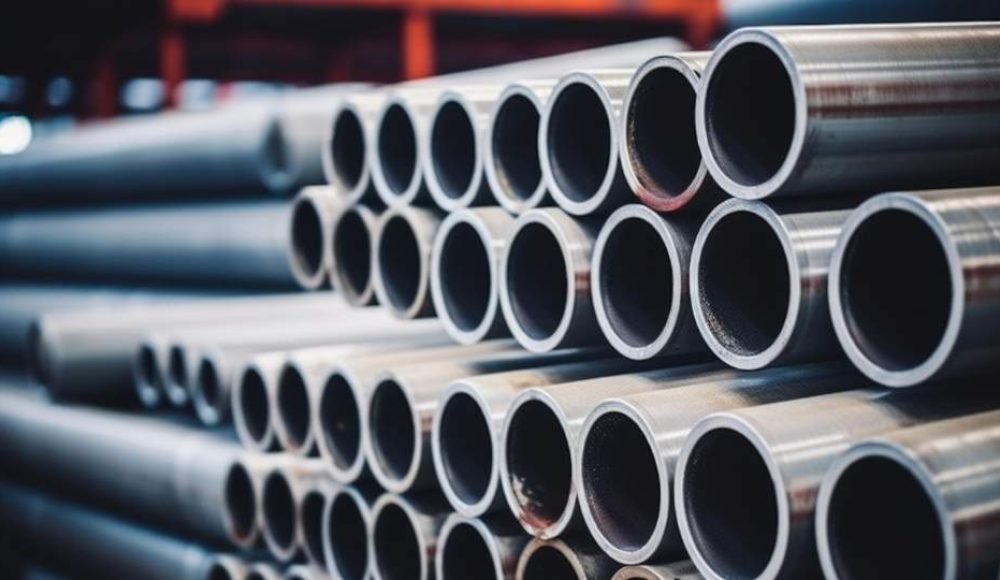
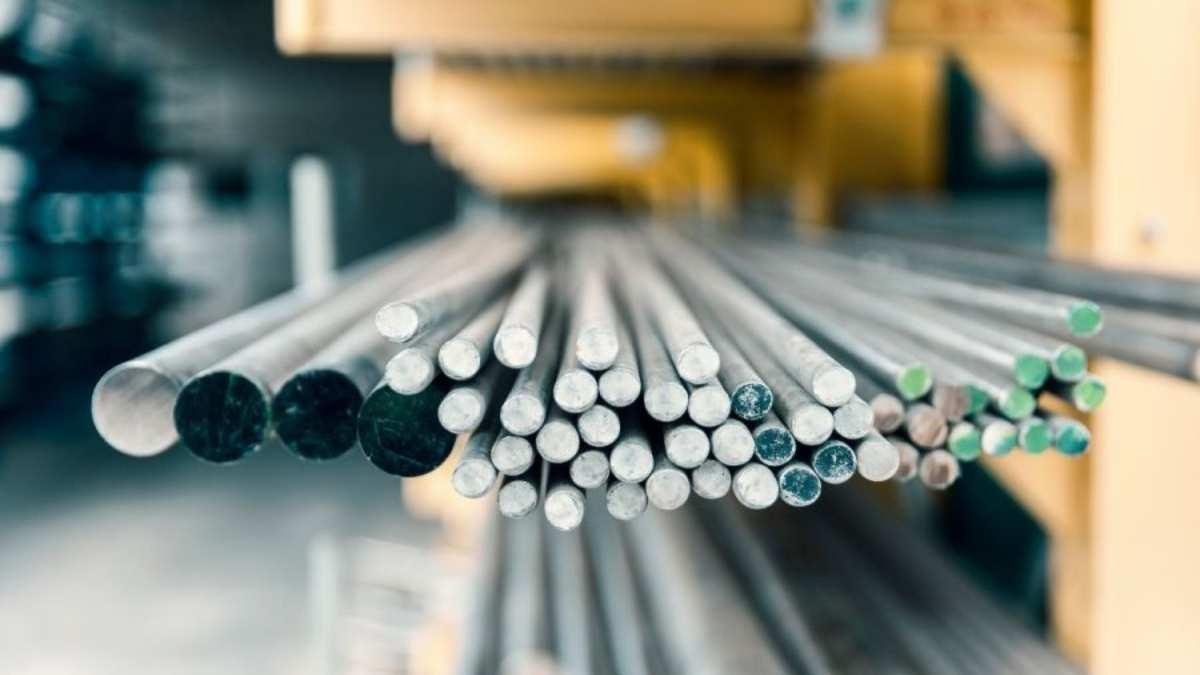
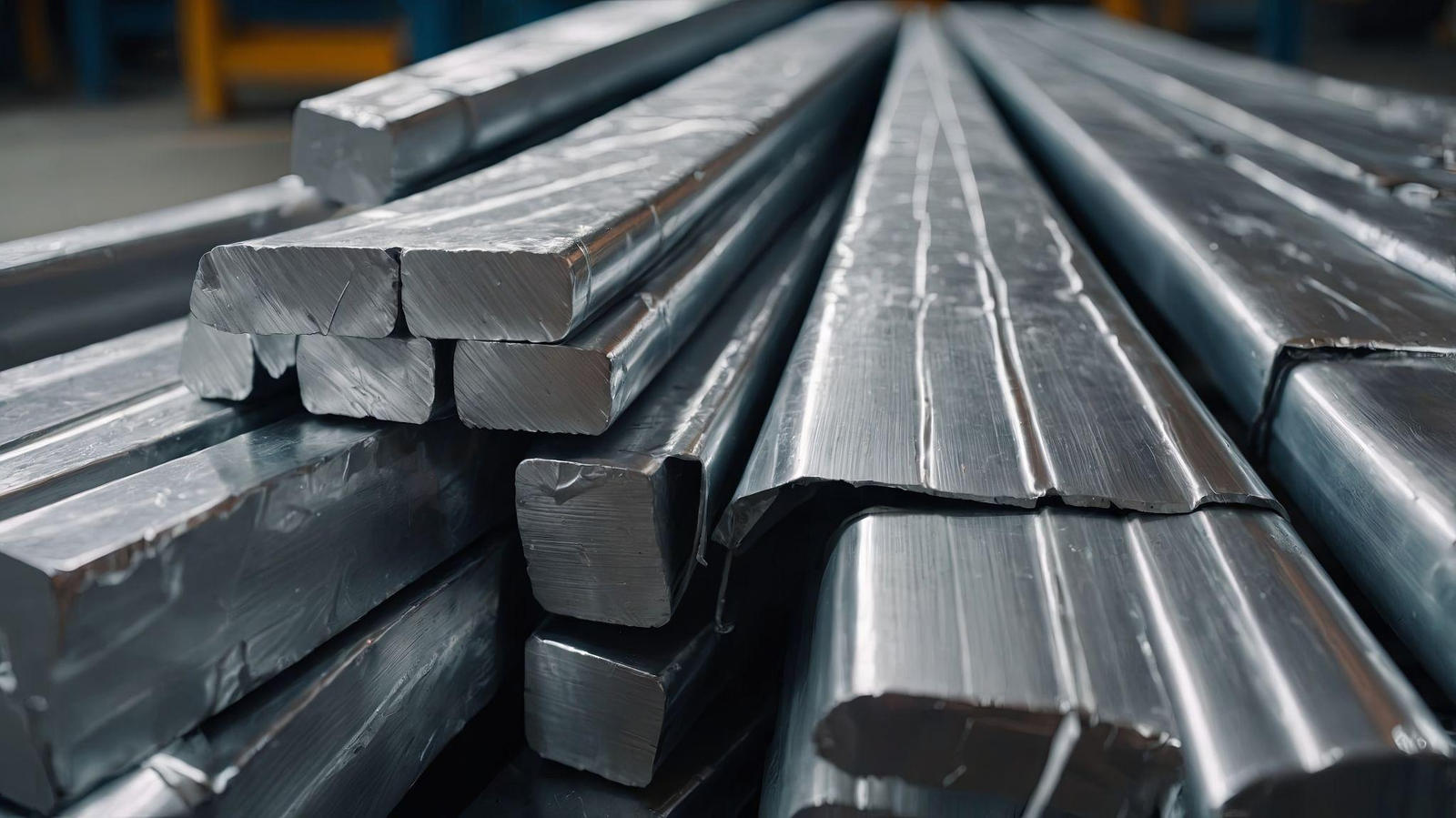

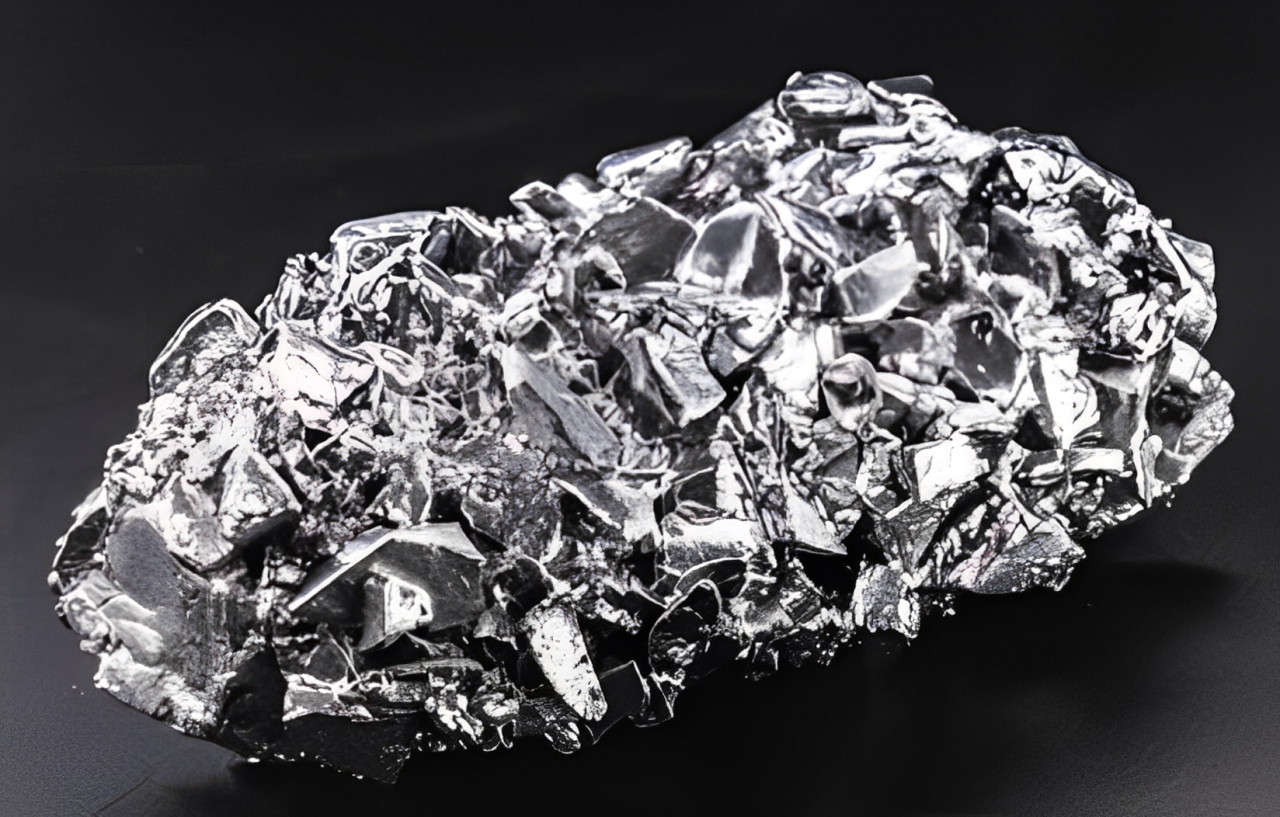

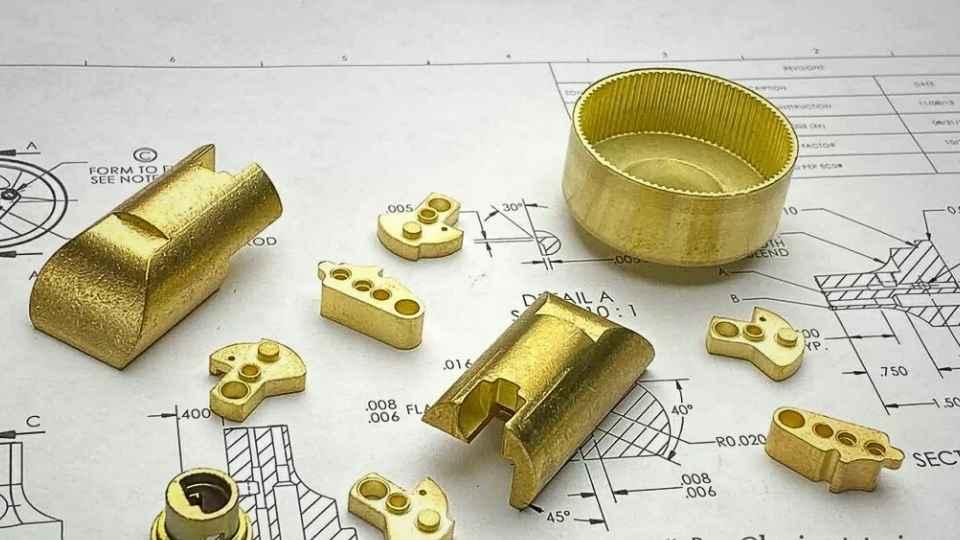
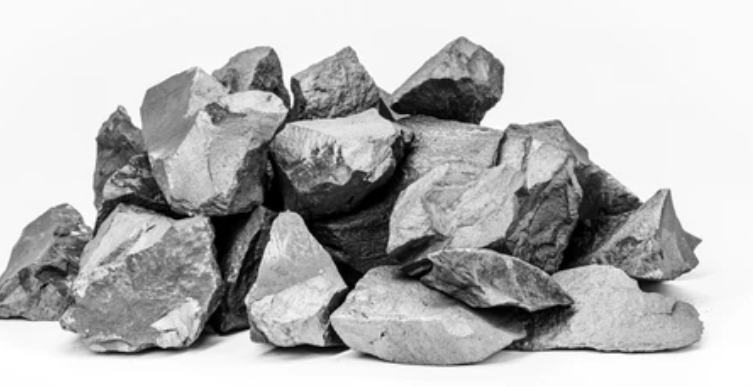



1 thought on “Top CNC Materials Used By Machine Shops In Metal Fabrication”